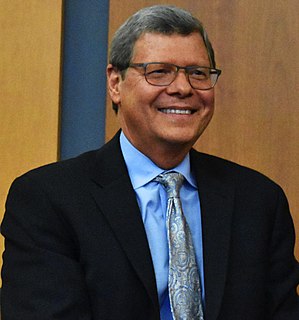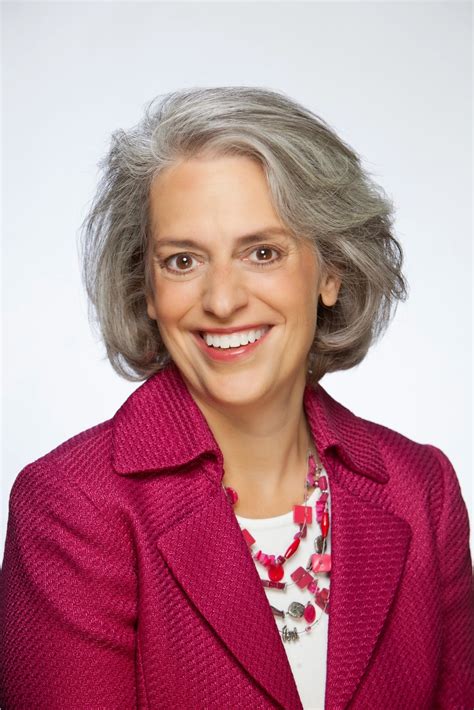A Quote by Sebastian Faulks
He wrote one more paragraph for his own sake, to see what he had to say.
Related Quotes
Clearly the hardest thing for the working artist is to create his own conception and follow it, unafraid of the strictures it imposes, however rigid these may be... I see it as the clearest evidence of genius when an artist follows his conception, his idea, his principle, so unswervingly that he has this truth of his constantly in his control, never letting go of it even for the sake of his own enjoyment of his work.
Socialism is the doctrine that man has no right to exist for his own sake, that his life and his work do not belong to him, but belong to society, that the only justification of his existence is his service to society, and that society may dispose of him in any way it pleases for the sake of whatever it deems to be its own tribal, collective good.
When we decided to marry, we had two ceremonies - one was more bureaucratic for the sake of the Swiss authorities,then a church service in Florence, and I wrote the music for the church service. The challenge in that was that Iman's [Abdulmajid] family are Muslim and mine are Protestant. I had to be careful about the prayers that we chose and the music I wrote because I didn't want to offend either side.
And he began to see the truth, that Ged had neither lost nor won but, naming the shadow of his death with his own name, had made himself whole: a man who, knowing his whole true self, cannot be used or possessed by any power other than himself, and whose life therefore is lived for life's sake and never in the service of ruin, or pain, or hatred, or the dark.
Man shouldn’t be able to see his own face – there’s nothing more sinister. Nature gave him the gift of not being able to see it, and of not being able to stare into his own eyes. Only in the water of rivers and ponds could he look at his face. And the very posture he had to assume was symbolic. He had to bend over, stoop down, to commit the ignominy of beholding himself. The inventor of the mirror poisoned the human heart.
The Daoist appeal to simplicity can be very appealing to the many of us who feel that contemporary life is overwhelming. "Less is more" can be a call to identify what it is we really need and appreciate doing for its own sake, as opposed to what we have been socialized into wanting, often to our detriment, or becoming consumed by activity that we would never do for its own sake but only for the sake of something else.
In his book Stand Ye In Holy Places, President Harold B. Lee wrote that one is converted when his eyes see what he ought to see, his ears hear what he ought to hear and his heart understands what he ought to understand. "And what he ought to see, hear and understand is truth-eternal truth-and then practice it. That is conversion," he wrote.







































